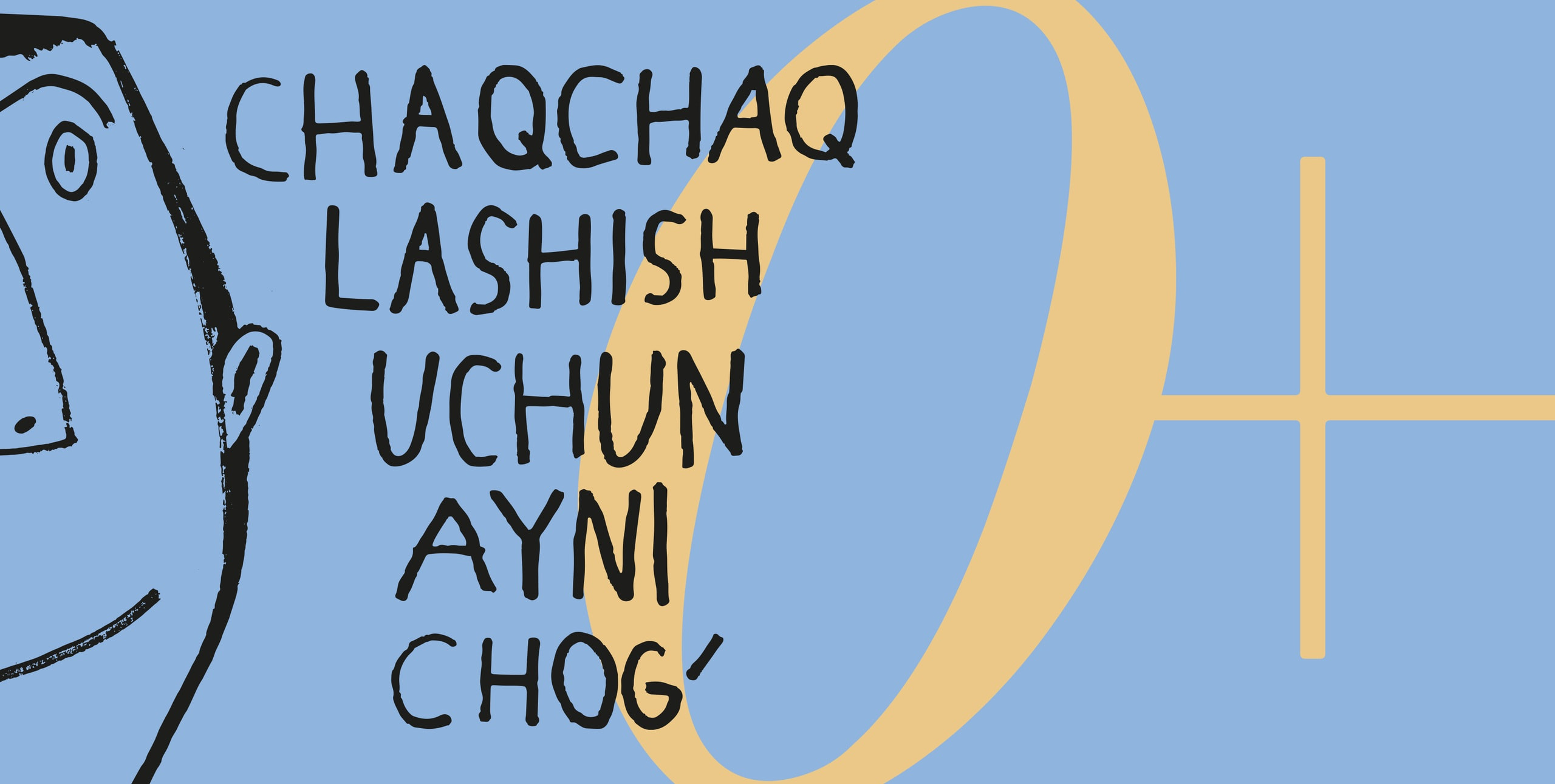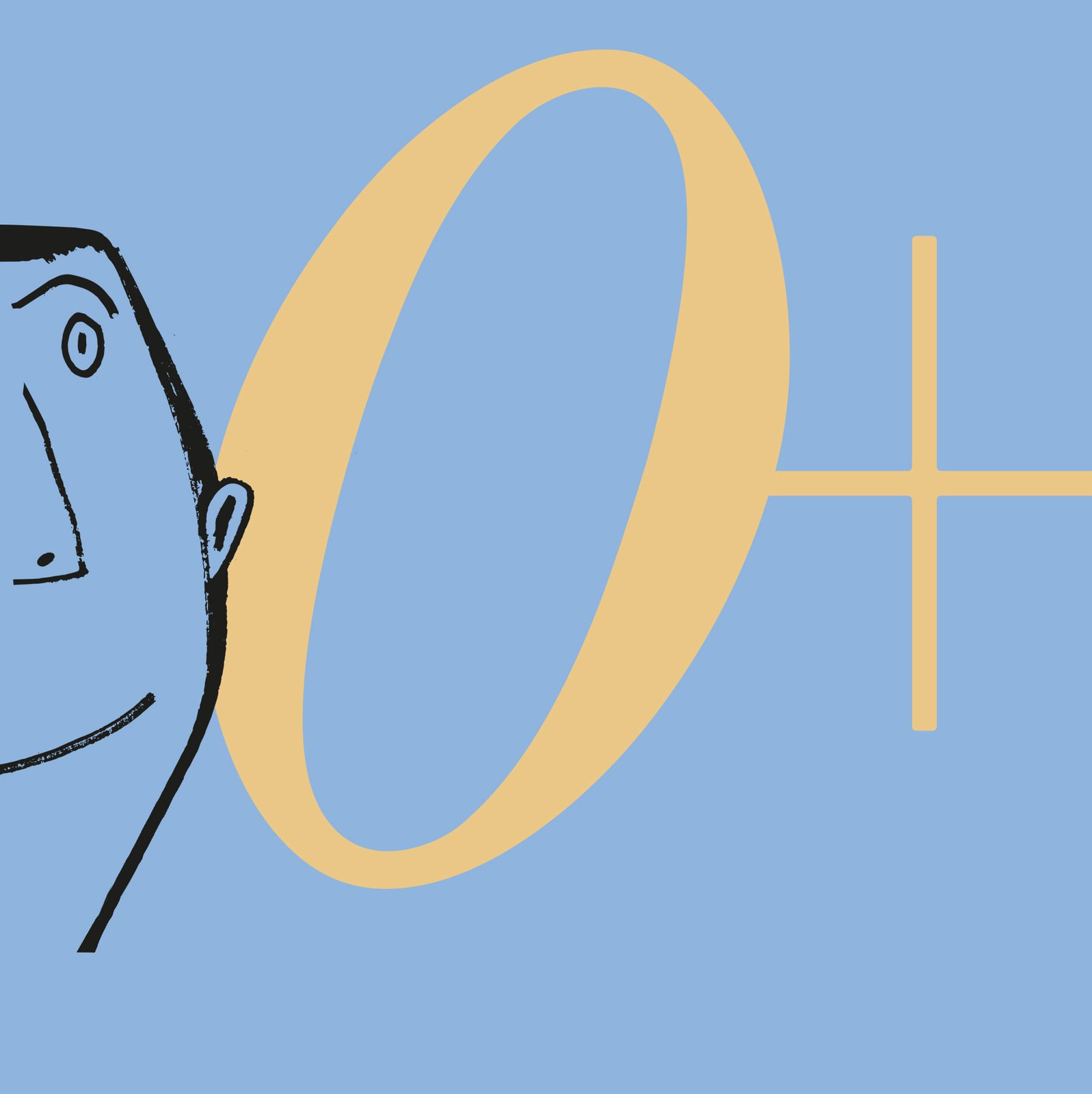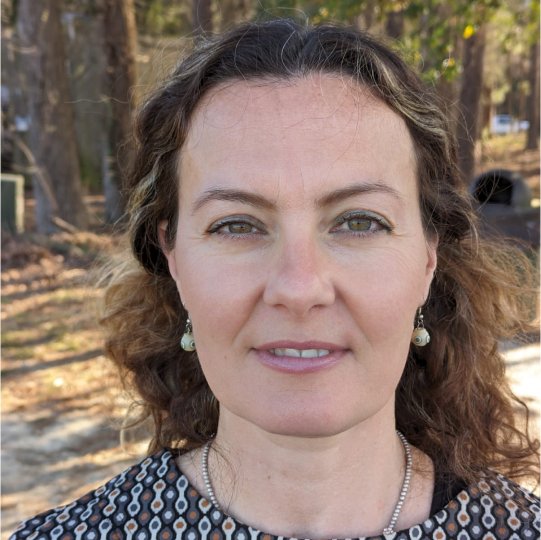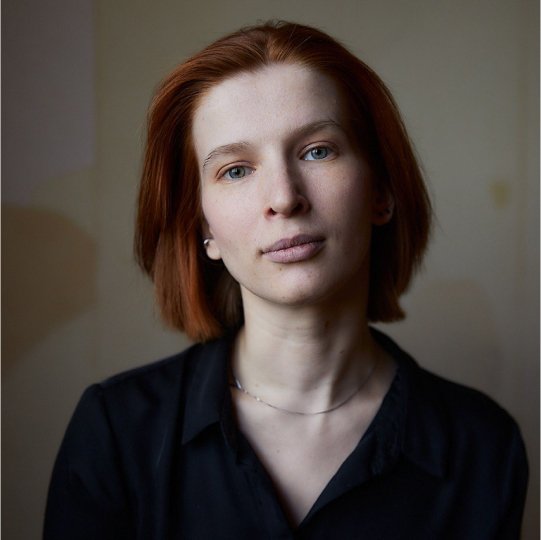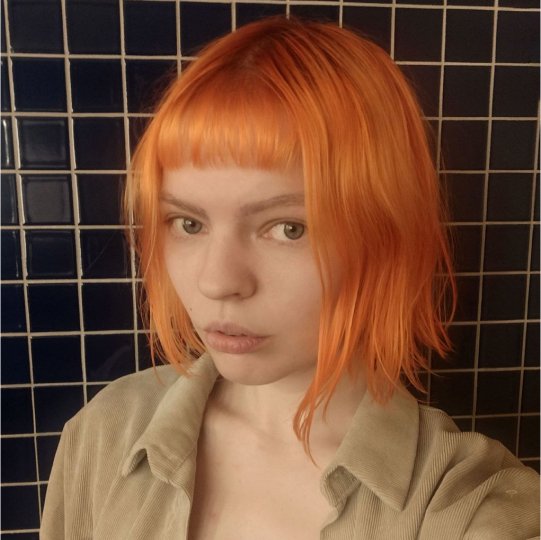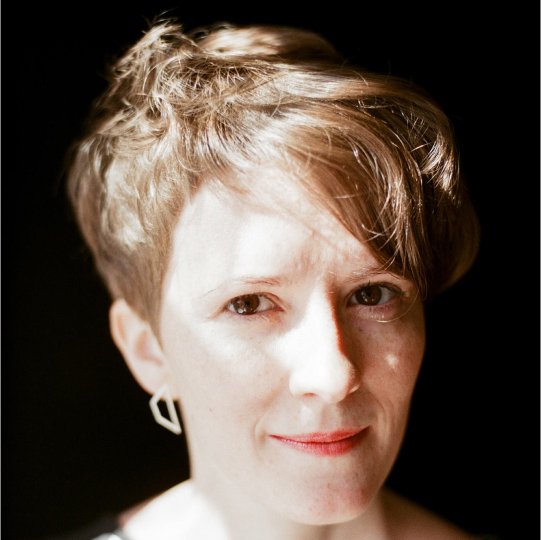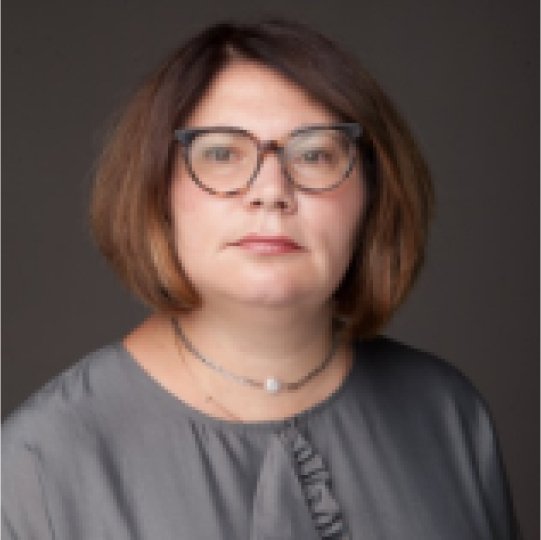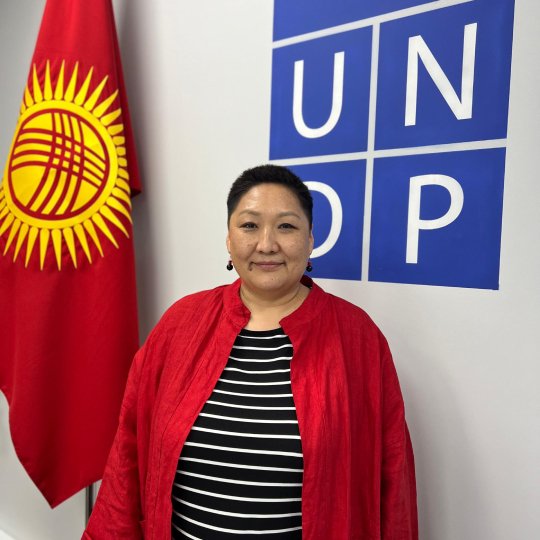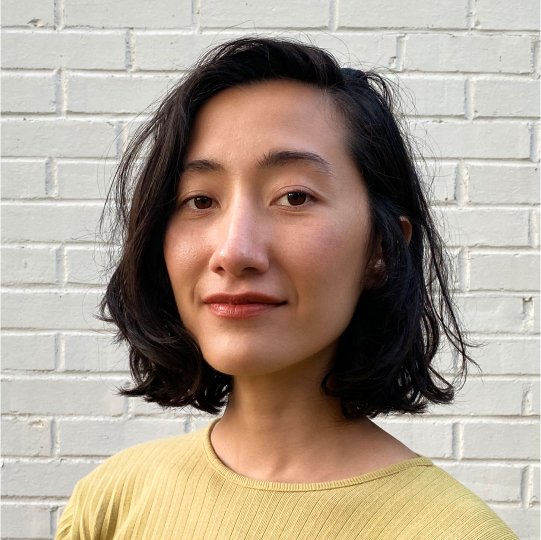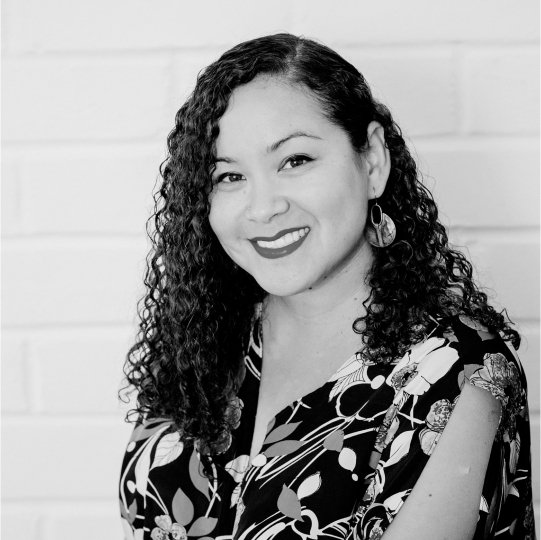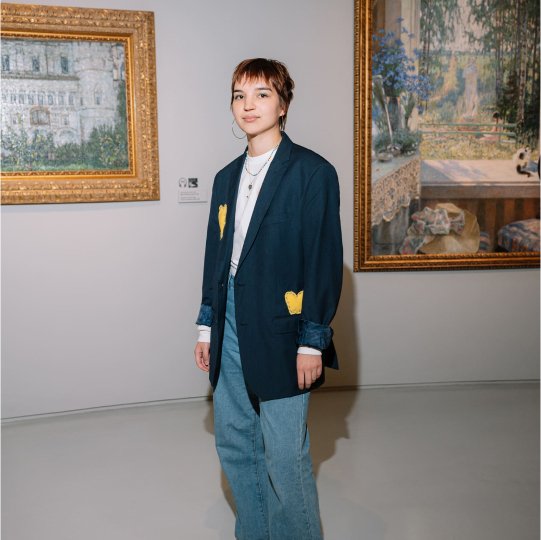From April 19 to 21, 2024, the Nationwide Children's Library in Tashkent will host the 8th Experiencing the Museum conference. This year’s topic is Inclusive Practices in Working with Children and Teenagers.
For the first time the conference program was based on an open call. It will bring together theoretical knowledge and practical experience of museum workers, teachers, educators, artists, and other experts from Uzbekistan, Kyrgyzstan, Russia, Europe, the USA, and Thailand.
The program consists of four sections: informal (alternative, radical) education methods and approaches in projects for children and teenagers with various experiences; representing diversity and otherness in projects for children and teenagers (literature, animation, film, exhibitions, etc.); the effect of Soviet official and experimental practices on teaching children with disabilities today; building children’s inclusive projects in culture: from positioning and language to the choice of materials and attracting an audience.
The three-day conference will be of interest to experienced professionals and organizations working in inclusion and accessibility as well as people new to the subject. On April 19 and 20 there will be lectures and discussions for the professional community, while the final day of the conference (April 21) will be open to a wider audience and anyone interested will be able to join inclusive and family events, such as masterclasses, games, and readings.
